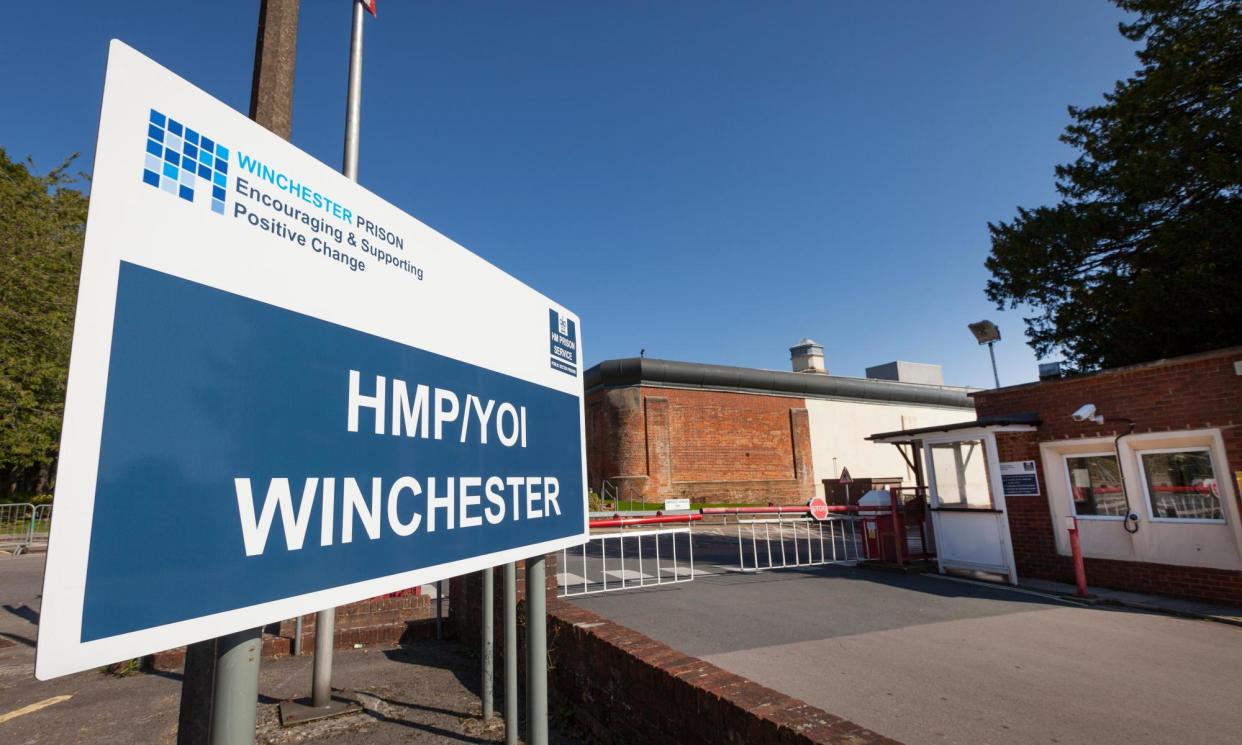Inmates dug through Winchester prison walls with plastic cutlery, report finds

If you are one those people who turns up their nose at the plot of the Shawshank Redemption for being a little too far-fetched, this may come as a surprise.
Some jails have become so decrepit that, in one case, Winchester prison inmates were able to tunnel through the walls using only plastic cutlery, a damning report on facilities in England and Wales has found.
The latest annual assessment from the independent monitoring boards (IMBs), which audit prisoner treatment, comes after the chief inspector of prisons separately said one in 10 facilities were barely fit for purpose. The latest report found that conditions in Victorian prisons were particularly bad.
“At Winchester, there were several occasions throughout the year where prisoners were able to damage and attempt to dig through cell walls, on one occasion through the wall to the landing, using simple implements such as plastic cutlery,” it noted.
The report found that conditions in such prisons were “exacerbated by the fact that many of these prisons have a reception function. The increased churn experienced by reception prisons made it more difficult to maintain cells to an acceptable standard.”
The report said their age made it “difficult to keep buildings functional and decent – for example, Winchester IMB reported crumbling walls and roofs all over the prison, leading to leaks, flooding, and slip hazards”.
Last year, the chief inspector of prisons, Charlie Taylor, told the Guardian that about 14 Victorian jails were so poorly designed, overcrowded and ill-equipped that they could not provide proper accommodation for inmates.
As a result, thousands of prisoners were being held in vermin-infested buildings with too few staff and inadequate facilities for retraining and education, Taylor said.
But the IMB report noted that the problems were not restricted to the Victorian prisons, saying many of the boards monitoring more modern facilities also had “serious concerns”.
The IMB report said: “At Woodhill, built in 1992, the showers were of an unacceptable standard and the concrete flooring in many cells was breaking up, making it impossible to clean.
“At Five Wells, built in 2022, the board reported significant design faults that had yet to be corrected; these included poor airflow on landings, leading to uncomfortably hot temperatures in summer months, and low mobility cells which could not be occupied for safety reasons.
“In some prisons, maintenance was delayed even when it gave rise to security concerns. At Pentonville, a window-replacement scheme deemed extremely important for escape prevention had to be halted because the prison was too crowded for the cells to be taken out of use.”
A Ministry of Justice spokesperson said: “We are delivering an additional 20,000 modern prison places – including opening two new prisons in two years – to help rehabilitate offenders and keep our streets safe.
“At the same time, we’re investing unprecedented amounts in education, employment and other support to put more offenders on the straight and narrow. And our £100m security crackdown – including measures such as X-ray body scanners and specialist sniffer dogs – is helping stop more of the contraband that fuels violence behind bars.”

 Yahoo News
Yahoo News 
